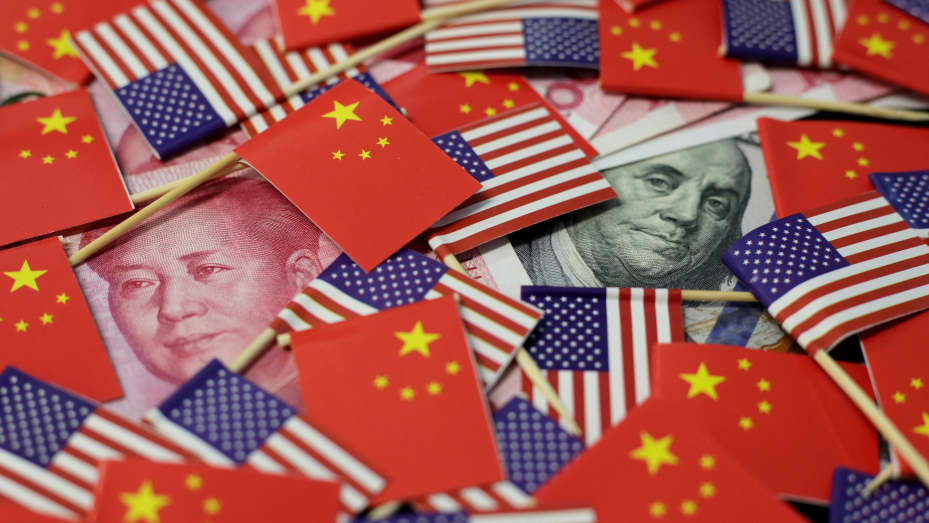Some of the world’s money managers have recently expressed disappointment with China’s disappearance as a lucrative investment destination under President Xi Jinping. After that, a lot changed. The country’s assets have become the world’s top performers due to a series of market-friendly pivots on most of Xi’s landmark policies.
Since October, the MSCI China Index has outperformed every major stock benchmark by around 50%. The yuan has gained a two-month high, while the country’s junk dollar debt has surpassed 40%.
Regardless, Investors Stay Away
While hope may be replacing existential dread, many investors who have fled Chinese stocks in the last two years have not altered their bear case. According to Morgan Stanley’s quantitative research, punishing losses have left a mark. Particularly on US funds that are still underweight Chinese equities as they were in October.
Zevin Asset Management is a Boston-based responsible-investment firm. Last year, it completely liquidated its China holdings. Moreover, it is considered a skeptic.
Let’s Look Back at The Crackdowns
As 2023 begins, one of the most pressing concerns facing money managers is whether China will be more investable. Markets all around the globe are suffering from indicators that global economic expansion is slowing as a result of rapid central-bank policy tightening. As a result, China’s recovery narrative stands out as one of the few bright spots in an increasingly gloomy investing picture.
When the pandemic broke out in 2020, Beijing showed little regard for international investors. Moreover, it launched a series of inspections on its most lucrative enterprises. After Russia attacked Ukraine, distrust, and uncertainty over the Communist Party’s objectives grew. Xi also stuck to a COVID Zero strategy previously junked outside of China.
According to Morgan Stanley research, US-based funds remain underweight in China across three key mandates. These include emerging markets, Asia ex-Japan, and global equities. Analysts led by Gilbert Wong speculated in a research note this month that part of it is due to their more conservative view of the country’s long-term development.















